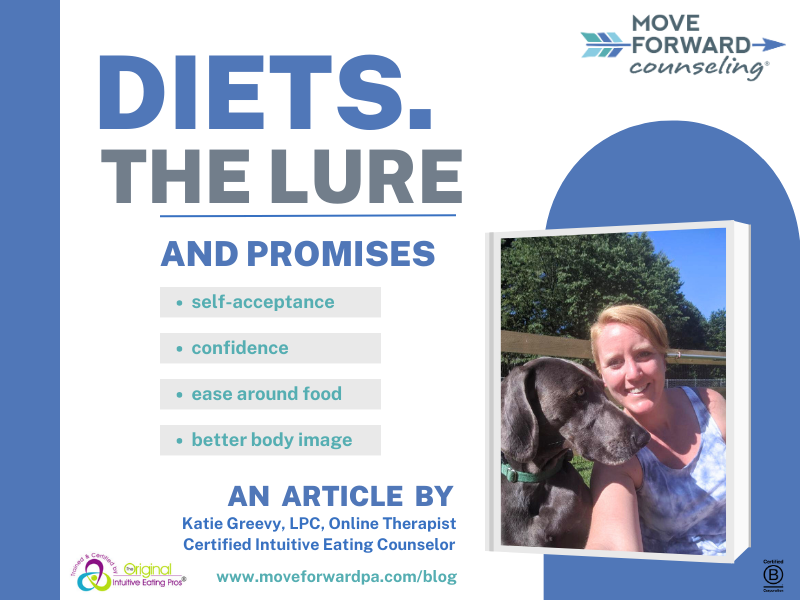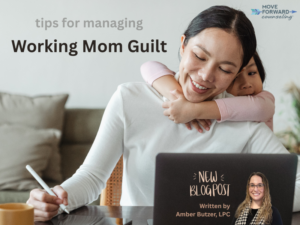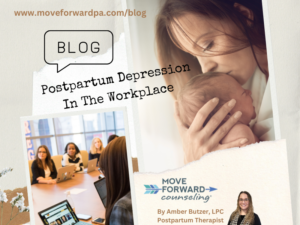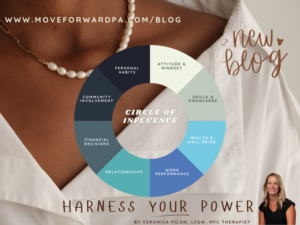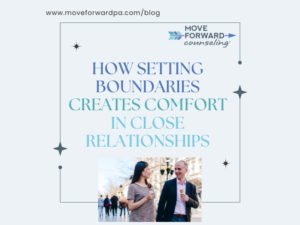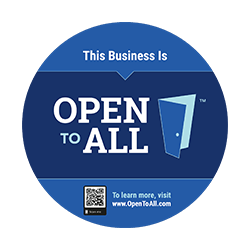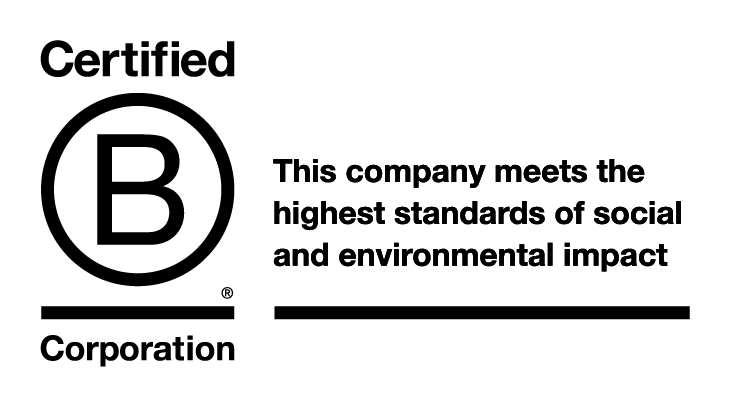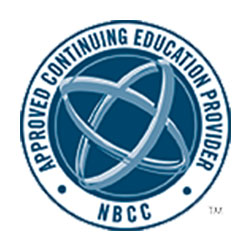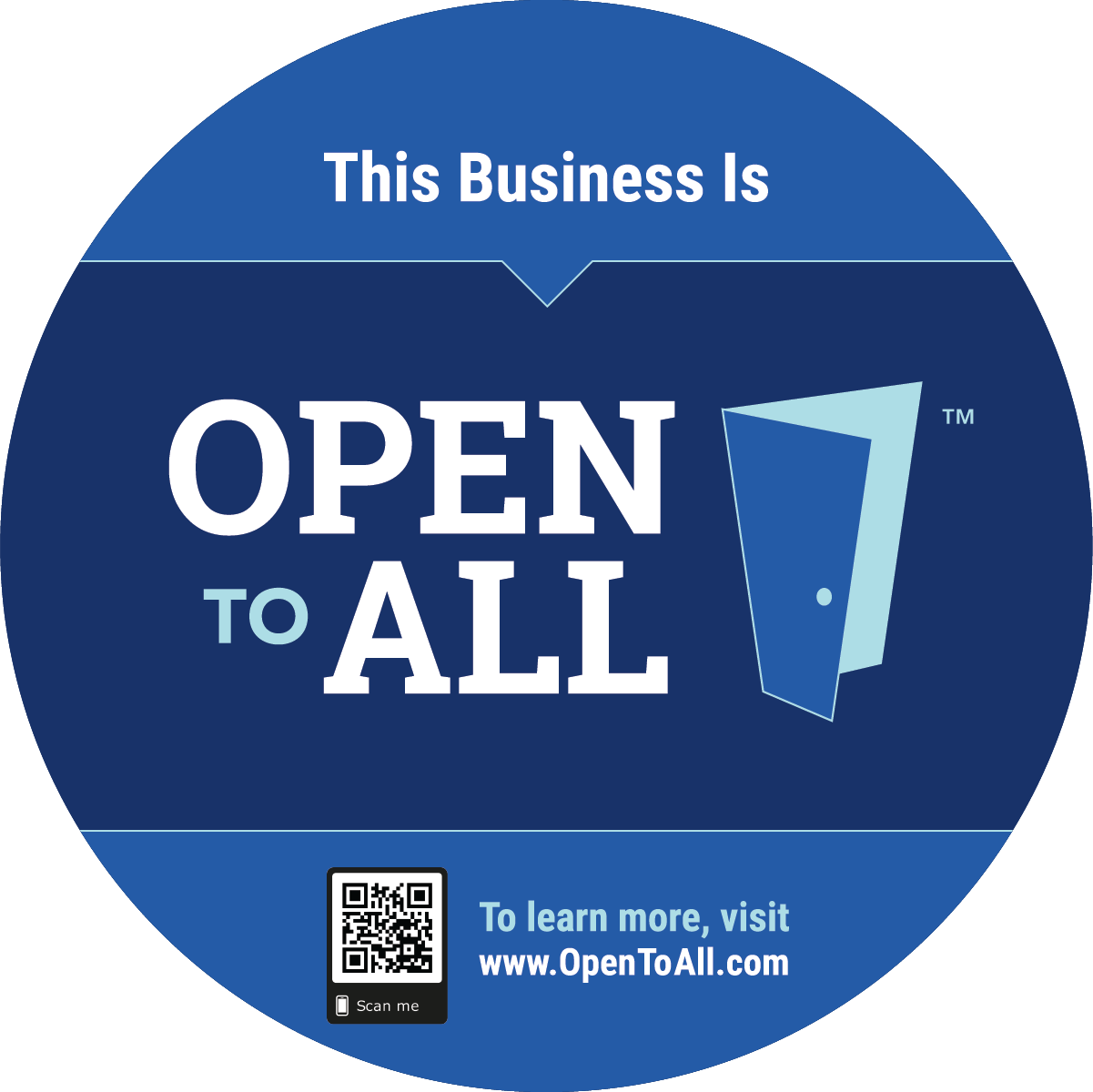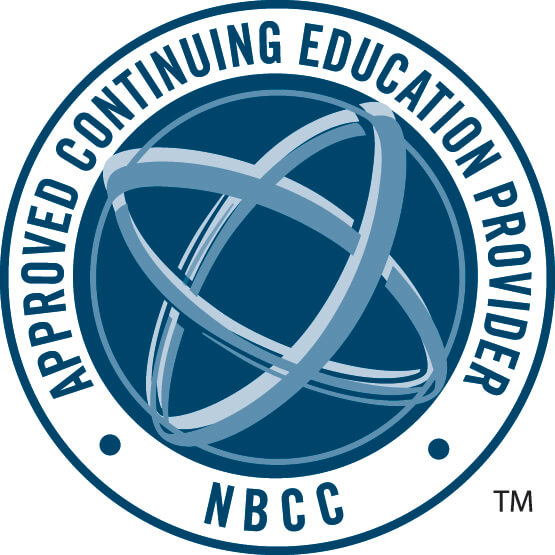Our Bodies, Diets, and Their Relationship
Diets.
They lure you in with the promise of acceptance, confidence, and ease around food and your body image. But diet after diet, plan after plan, year after year, you feel more stuck than ever.
Cycling through all too familiar feelings of hope, exhaustion, despair, and shame. You are not alone if you feel like you can’t keep up with the latest health crazes and trends.
We often hear messages about what we “should” or “should not” eat, how our weight is correlated to our health status, or how going on a specific diet will improve a medical condition (Spoilers: There is no correct way to eat, weight has nothing to do with health, and “diets” don’t cure illnesses). This keeps us stuck cycling and feeling guilt and shame regarding food and our bodies. Dieting also increases the risk of eating disorders, binge eating, weight cycling, food preoccupation, body dissatisfaction, weight stigma, depression, & anxiety[1].
Intuitive Eating (IE)
There is another way of relating to food and your body that will help you feel more at peace.
Intuitive Eating* (IE) is an evidence-based approach that improves your relationship with food and your body[2]. IE focuses on helping you make peace with food, free yourself from chronic dieting, and rediscover the pleasure of eating. There are 10 principles of IE, which focus on breaking down dieting cycles and reconnecting with the body’s natural signals around food.
- Reject the Diet Mentality
- Honor Your Hunger
- Make Peace with Food
- Challenge the Food Police
- Discover the Satisfaction Factor
- Feel Your Fullness
- Cope with Your Emotions with Kindness
- Respect Your Body
- Movement – Feel the Difference
- Honor Your Health – Gentle Nutrition
What Intuitive Eating IS:
- Intuitive Eating (IE) is an anti-diet approach to restoring a healthy relationship with food and body.
- IE is a weight-neutral, Health At Every Size (HAES), body size-inclusive, fat-positive approach.
- IE is a practice that honors both physical & mental health and encourages eating for all reasons, including emotional and taste/enjoyment/pleasure.
- IE is grounded in self-care, flexibility, and food freedom.
What Intuitive Eating is NOT:
- It is not a diet. Pursuing intentional weight loss interferes with becoming an Intuitive Eater, and as a mental health professional, I cannot ethically recommend intentional weight loss.
- It is not Mindfulness-based eating, although there are some overlapping components.
- It is not cloaked in healthism. Robert Crawford defined healthism in the 1980s as “the preoccupation with personal health as a primary…focus for the definition and achievement of well-being; a goal which is to be attained primarily through the modification of lifestyles”[3]. Regardless of health status, everyone deserves to be treated with respect and dignity.
What to expect on your IE journey:
- A non-judgmental, weight-inclusive, fat-positive space to explore your relationship with food and your body.
- Working with the 10 principles of IE to better understand how you relate to food and your body.
- A look into why weight loss was possibly a goal for you in the past (or present).
- Identifying what your past experiences with dieting have shown you.
- Working to recognize and untangle from diet culture.
- Cultivating increased self-compassion and working to make food choices that feel good to you without judging yourself or the influence of diet culture.
Ways to start building a better relationship with food and your body:
- Be aware that there are NO “good” or “bad” foods. When we assign a moral value or place judgment on our food choices, it usually leads to feelings of guilt and shame.
- Take time to become aware of underlying thoughts and feelings associated with eating.
- Be mindful of negative body image and self-criticism in your relationship with food.
- Work to embrace body diversity, question societal and cultural standards, and cultivate self-compassion.
- Work to advocate for yourself or get help from a friend to help advocate for you in the doctor’s office. “I don’t want to be weighed.” If pressured, respond, “Weight is not an indicator of health.” Ask for advice from your provider by proposing the question, “What would you tell a person in a smaller body?” or stating, “I don’t want weight to be part of my treatment planning.”
- Break up with the scale. If it seems too big of a step now to get rid of your scale, here are some things to consider: What do you feel, and what thoughts are going through your head when you weigh yourself? Is your mood dependent upon the number on the scale? If weight is not an indicator of health, why track that number?
- Remember, diet culture exists within us because we exist in a culture and society that tells us we need to look a certain way. It’s a daily practice to disengage from that mindset, so be gentle and kind to yourself!
*Intuitive Eating may not be appropriate for folks with active eating disorder(s). It’s often most helpful to start with structured eating plans at that point, then move into IE at a later time.
Katie Greevy is a Certified Intuitive Eating Counselor who offers counseling to anyone age six and older online across Pennsylvania. Read Katie’s bio or book an appointment. Chat with our scheduling team during regular business hours.
Additional Resources:
Intuitive Eating: A Revolutionary Anti-Diet Approach by Evelyn Tribole, MS, RDN, CEDRD-S and Elyse Resch, MS, RDN, CEDRD-S, FAND
Anti-Diet: Reclaim Your Time, Money, Well-Being, and Happiness Through Intuitive Eating and The Wellness Trap: Break Free from Diet Culture, Disinformation, and Dubious Diagnoses and Find Your True Well-Being by Christy Harrison, MPH, RD, CEDS
Fat Talk: Parenting In The Age Of Diet Culture by Virginia Sole-Smith
Reclaiming Body Trust: A Path to Healing and Liberation by Dana Sturtevant, MS, RD and Hilary Kinavey, MS, LPC
Food Psych Podcast and Rethinking Wellness Podcast with Christy Harrison
Burnt Toast Podcast with Virginia Sole-Smith
Research about IE: https://www.intuitiveeating.org/resources/studies/
Article References:
[1] Shisslak, C.M., Crago, M., & Estes, L.S. (1995). The spectrum of eating disturbances. International Journal of Eating Disorders, 18 (3), 209-219
[2] Tribole, E., Resch, E. (2020). Intuitive eating; A revolutionary anti-diet approach (4th ed.).
[3] Crawford, R. (1980), Healthism and the medicalization of everyday life. International Journal of Health Services ,10:3, 365-88

